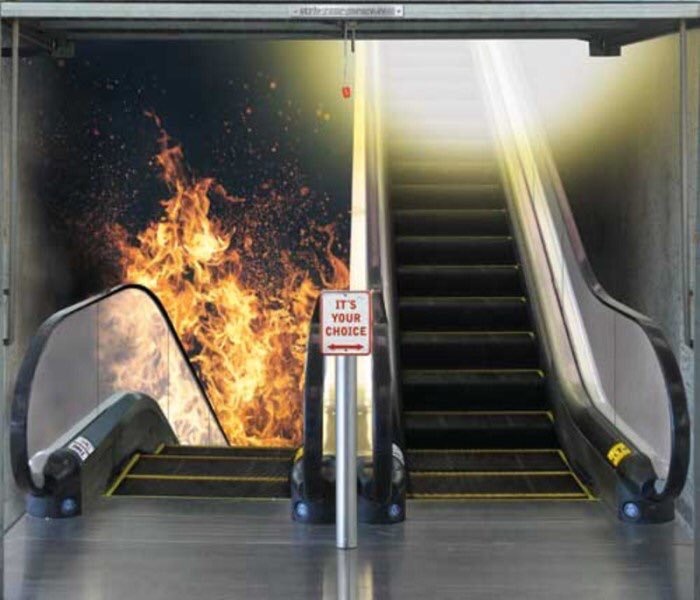by Sharon K. Vander Zyl
In Navigating the Interior Life: Spiritual Direction and the Journey to God, Daniel Burke makes this striking statement, “Outside of the sacraments, there is no greater or more important tool available to help us nurture our relationship with God and to grow in grace than spiritual direction.” If this statement is true (and I think it is) than it is easy to see why Pope Francis said recently that all Catholics should be in spiritual direction.
What is Spiritual Direction?
“Simply put, spiritual direction is a relationship through which we come to better know, love and follow Christ through the help of a kind of spiritual coach. … The director and the directee work together, through the grace and guidance of the Holy Spirit, to understand God’s will, and then determine how to follow that leading … on a day to day basis, into deeper intimacy with God.” Daniel Burke (see above)
Spiritual direction is a relationship between three persons: the Holy Spirit, the director and the directee. The main focus of spiritual direction is union with God. The central aim of spiritual direction is to help guide the directee to purposefully, consistently and substantively grow in their relationship with God and neighbor.
We can’t be our own spiritual director because we all have “blind spots” about ourselves. St. John Paul II, in Christifideles Laici § 58, wrote, “To be able to discover the actual will of the Lord in our lives always involves the following: a receptive listening to the Word of God and the Church, fervent and constant prayer, recourse to a wise and loving spiritual guide and a faithful discernment of the gifts and talents given by God…”
Am I Ready for Spiritual Direction?
One indication of readiness for spiritual direction is being tired of stumbling around by yourself in the spiritual life. A second indication is the realization that you know you are not growing spiritually as you want to. A third is a longing for a deeper prayer life. Finally is the knowledge that the inner life requires prayer and work and being willing to do that prayer and work.
How Do I Find a Director?
Good spiritual directors can be found among priests, religious and lay members of the church. Some might be surprised to learn that St. John Paul II received direction from a layperson early in his spiritual journey. Also, the first Christians who were broadly known for their spiritual direction were the hermits of the East, who were laymen.
A good spiritual director will be actively pursuing his/her own spiritual growth by being in direction him/herself, by daily prayer times, by regular attendance at mass, by regular confessions, by regular retreats/pilgrimages, etc.
Ideally, the spiritual director will have completed specific education/training to provide spiritual direction to others. In spiritual direction one is looking to tap into the pure source of real life, Christ Himself. He established a real, living physical expression of His love and guidance, the Church. Therefore, all spiritual directors should be faithful to the Magisterium of the Catholic Church.
Your parish priest may or may not be a spiritual director himself. Some have that gift and training in it and some do not. However, asking him for a recommendation is a good place to start. Your diocese may maintain a list of qualified spiritual directors. Spiritual Directors International maintains a list of its members on its web site.
Trust is extremely important in the spiritual direction relationship. It is a good practice for the director and the directee to have a preliminary meeting to explore their expectations of the relationship and to determine if they are compatible.
What Happens in Spiritual Direction?
Spiritual direction involves intense focus on prayer. In some ways the term “spiritual direction” is a misnomer. The term is a traditional one but, truly, the only one directing is the Holy Spirit. The person in the relationship called the “director” is actually helping the “directee” to listen deeply to the voice of the Holy Spirit within. So, the Holy Spirit is actually the director. The director does not tell the directee what to do, the Holy Spirit is the one who does.
Usually meetings are one hour, four to six weeks apart. In between, the directee is encouraged to cultivate a daily practice of prayer that involves silent listening to God, Examen, and Lectio Divina in addition to mass and formal prayers. Journaling of spiritual experiences is also encouraged. During the meeting with the directee, the director will help the directee to review the past weeks, look for encounters with God that touched them in some way, help them savor those moments and discern what God is saying to them through them.
